Model Context Protocol (MCP) & AI Agent Interoperability: The Future of Connected Intelligence
In the rapidly evolving AI ecosystem, collaboration between different models and agents is becoming the next frontier. Enter the Model Context Protocol (MCP) — a groundbreaking framework that standardizes how AI systems communicate, share context, and operate together seamlessly.
What is Model Context Protocol (MCP)?
The Model Context Protocol is an open standard developed to enable interoperability between AI models, tools, and agents. It provides a structured way for AI systems to exchange contextual data, instructions, and results — allowing diverse AI agents (like ChatGPT, Copilot, Claude, or custom enterprise bots) to work together efficiently.
Simply put, MCP acts like the “language” or API bridge that lets different AI models understand and collaborate with each other. It ensures that context — such as goals, user intent, or task-specific data — is shared consistently across multiple systems.
Why MCP Matters for the AI Ecosystem
-
Cross-Agent Collaboration:
AI agents from different vendors can now collaborate on a single workflow — for example, a coding assistant (GitHub Copilot) can communicate with a data analysis agent (ChatGPT) through a shared protocol. -
Seamless Context Sharing:
MCP enables agents to retain and pass contextual memory across tools, improving continuity in tasks like document generation, research, and project management. -
Open Ecosystem Development:
By standardizing communication, developers can create interoperable tools that plug into any MCP-compatible environment — accelerating innovation. -
Enhanced Autonomy for AI Agents:
Agents can query external APIs, databases, or even other agents intelligently, creating a web of autonomous systems capable of self-coordination. -
Enterprise Integration:
MCP can unify AI workflows across CRM, ERP, analytics, and automation systems, driving smarter enterprise operations.
How MCP Enables AI Agent Interoperability
AI interoperability refers to the ability of different agents or models to understand and work with each other’s data, commands, and contexts. MCP achieves this through:
-
Contextual API Interfaces – Standardized schema for sharing instructions and responses.
-
Protocol-based Tool Discovery – AI models can dynamically discover and use compatible tools or APIs.
-
Secure Context Transfer – Maintains data integrity and privacy while passing contextual information.
-
Task Coordination Mechanisms – Allows multiple agents to collaborate on shared goals (e.g., one agent generating content while another optimizes it).
With MCP, AI systems transition from isolated intelligence units to interconnected collaborators — forming the backbone of multi-agent ecosystems.
Real-World Use Cases
-
AI DevOps: An agent builds code while another tests and deploys it automatically.
-
Customer Support: Chatbots and CRM agents share unified user context for smoother resolutions.
-
Research & Content: Writing assistants and data retrieval bots co-author reports in real time.
-
Enterprise Automation: Multiple AI agents orchestrate workflows across business tools.
Frequently Asked Questions (FAQs)
Q1. What is the goal of the Model Context Protocol (MCP)?
The goal is to create a universal standard that allows different AI models and agents to share context and collaborate efficiently across platforms and environments.
Q2. How does MCP differ from traditional APIs?
Traditional APIs are specific to individual services, whereas MCP provides a common language for AI agents and tools to communicate dynamically, regardless of vendor.
Q3. Who is behind MCP development?
The MCP initiative is being driven by OpenAI in collaboration with the wider AI community to promote open, interoperable ecosystems.
Q4. Can MCP be used for enterprise AI integration?
Yes. MCP can help enterprises connect internal AI tools, data systems, and automation agents under a unified context protocol.
Q5. Is MCP open source?
Yes. MCP is being developed as an open standard, encouraging developers to build compatible tools and extend its ecosystem.
Q6. How does MCP impact AI safety and security?
MCP includes secure context exchange principles, ensuring data integrity, privacy, and controlled access between agents and tools.
Q7. What’s the future of AI interoperability with MCP?
We’re heading toward multi-agent collaboration, where AI models co-operate like humans in teams — coordinated, context-aware, and goal-driven.













 2025. All rights reserved
2025. All rights reserved